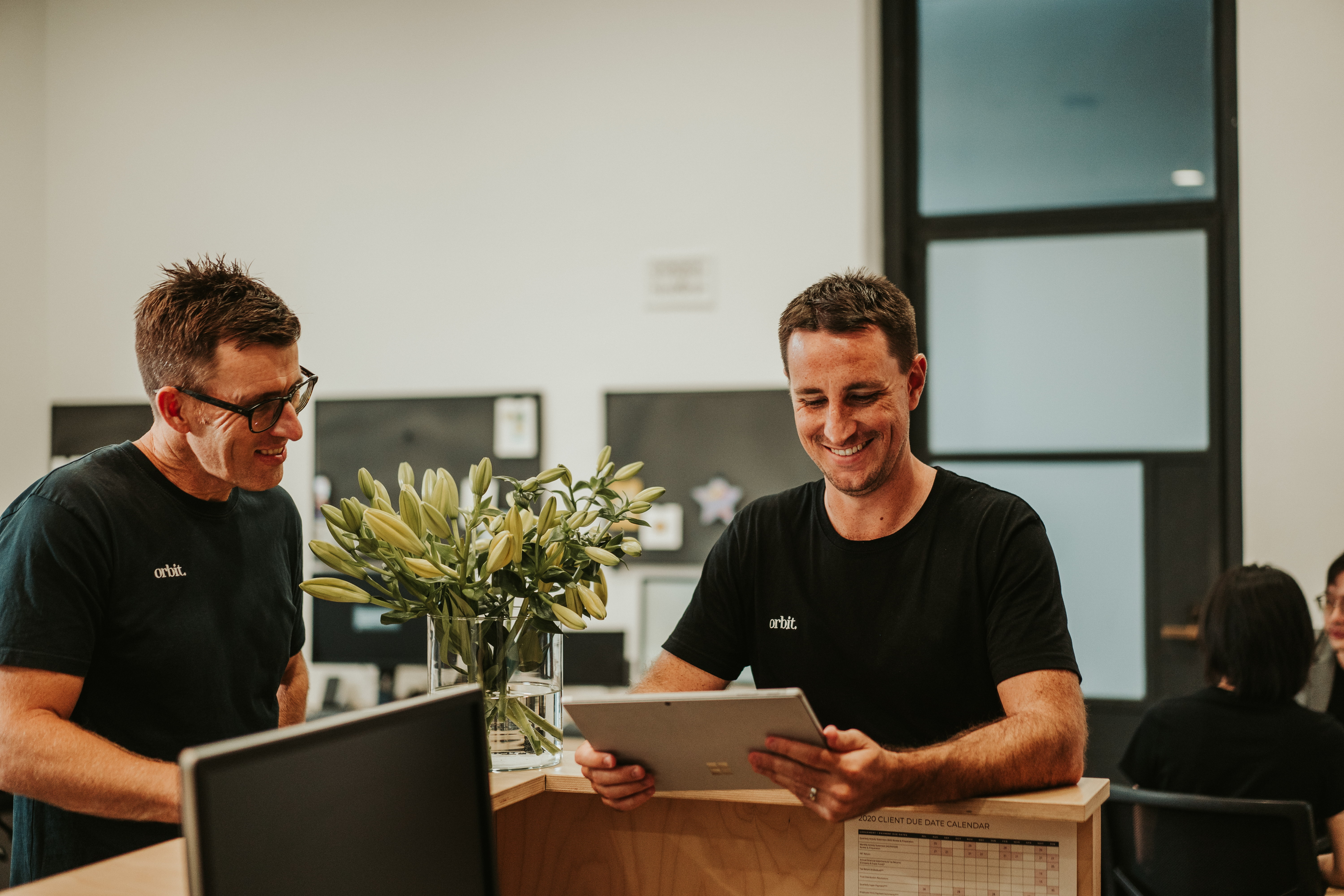When it comes to your business there is no doubt you require specific items of equipment, machinery, and hardware to operate.
Whether it’s a ute to carry your tools from job A to B, or a drone to keep up with the industry trends, you have probably spent hours deliberating over which make, model, and brand to run with for this pricey investment. Now the time has come to mull over whether you should buy the item outright or lease it on a payment plan.
As you may have already guessed, when it comes to choosing between purchasing or leasing an essential business item, there is no one size fits all answer. These investments can be costly and the scales will tip depending on your financial situation. Quit sitting on the fence, your handy small business advisors are here to help you make the right call for your business.
Without further ado, here is a good old fashioned pros and cons list to help you make the call.

What buying means for a small business.
Pro: Your item is a tangible asset.
Simply put, your purchase is a physical item that you own and this is a win. When you own the item outright, it will appear on your balance sheet as one of your business’s assets. Your balance sheet is a statement of your financial position at a certain moment in time and having a pricey purchase listed bumps up the value of your business. Plus, when it comes to tax time you can either write off the item completely as an expense under the current (2021) small business write off rules or you claim depreciation on the cost of the item.
Pro: As long as it shall live, it is yours.
Once you own your asset outright, you have full use of the equipment, hardware, or machinery for the duration of its life. Your use of the item is not at the mercy of regular lease payments and with this comes sweet, sweet freedom. Ownership has its fair share of advantages, including the option to sell your asset and utilise the freed up cash for more pressing purposes if your financial circumstances should change.
Con: It’s an expensive outlay.
Hey big spender, paying for this item up-front will be a large expense for your small business. To buy this item outright, you will need the cash to cover the cost and your business priorities straight. So before you get tap happy with your card, there shouldn’t be a shred of uncertainty on whether this is the right financial move and a sound investment for your business.
Con: You may require extra funding.
Strapped for cash? Asset finance is available from funding providers to cover the cost of your asset. However, this loan will tie you down to an agreement that limits your business’s freedom and adds to your liabilities. Your liabilities are all the things you owe, and adding to them will not only reduce the worth of your business on a balance sheet but can be a bit of a buzzkill.

What leasing means for a small business.
Getting your foot in the door.
If your item has a price tag that makes you grimace, leasing has a more affordable entry point that will allow you to make use of the item without having to cop the expense of buying it in full. This makes leasing an enticing prospect for small businesses that are tight on cash. While you may not own the item, you can still make use of it which could be critical if the weight of your business’s success rests on its shoulder.
Pro: There’s always more to go around.
Another win for leasing, you can cast your spending net wider. While leasing will cost you, it leaves more funds at your disposal in comparison to buying the item outright. These funds can be spread over a longer period, and the extra liquid cash will make it easier to meet your lease payments. Additionally, the money you save can be distributed to other areas of your business that will support your growth, leaving more customers and revenue in its wake.
Con: It might not be yours to keep.
There are two types of leasing agreements, capital and operating, and as a small business owner, you need to know the difference. Under a capital lease, you will own the item once you’ve paid it off. However, operating leases are typically a short-term arrangement and once the contract is up, you will need to return the item. This decision should not be taken lightly as ownership has its perks, including being able to sell the item if push comes to shove. You need to carefully consider which type of lease agreement you wish to enter and the potential impact it could have on your business.
Con: It will cost you in the long run.
If paying interest and other additional costs doesn’t sound like your cup of tea, you’ll be hard-pressed to find a leasing agreement without them. If you are in a long term lease agreement, it is more than likely you will wind up paying more than the market price for your item. If the higher cost is no skin off your back, don’t let us stop you, but be mindful there may be greater value in purchasing the item outright.
Con: It’s risky business.
Since you don’t own the item when leasing it, there is always the possibility you may lose it. If you run into issues that prevent you from keeping up with lease payments, like running out of cash, the item can be recalled. If this item plays a crucial role in the running of your business, its loss could cause complications and jeopardise your ability to operate. This makes leasing less reliable and risky, however, it remains a viable and convenient option for small businesses tight on funds.

Making the right call for your business.
In the world of buying and leasing key assets, there is no clear cut answer on which move is right for your small business. To save you the headache and to avoid anything going pear-shaped, it is always a bright idea to consult with your business accountant early on in the decision-making process.
Our team of passionate small business accountants can help you review your current financial position, assess your available cash, and look at your regular expenses to decide whether buying or leasing is the right call for the business. Whatever your more is, we want to make it possible.
Book a chat or get in touch, if you need help deciding to lease or buy.
